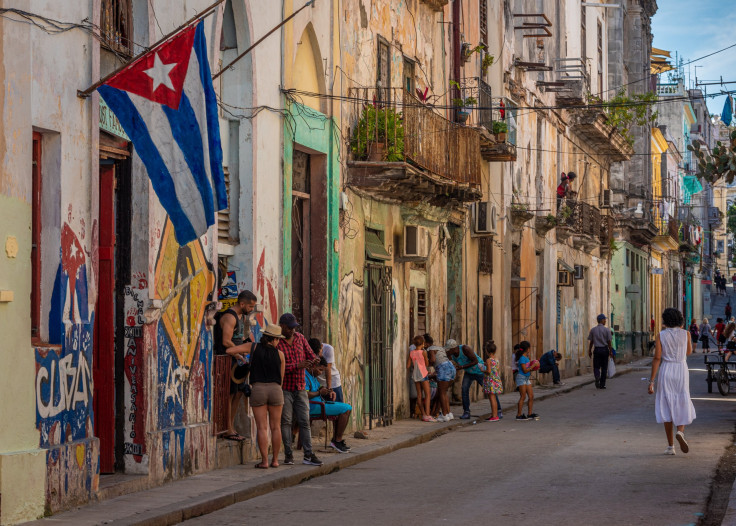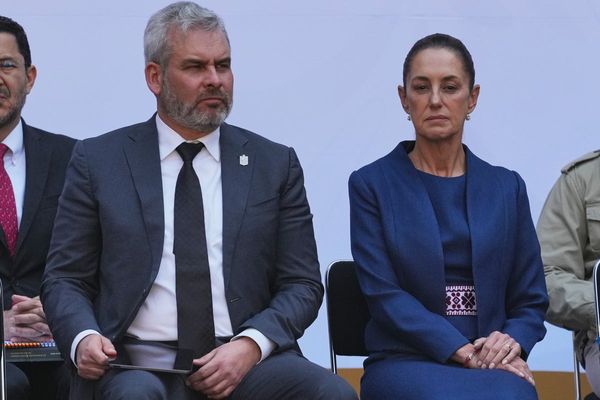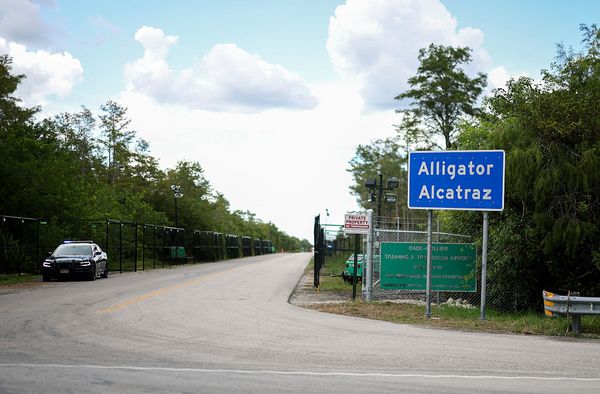
The Cuban peso reached an all-time low on Monday as the partial dollarization of the economy continues, according to a new report.
Concretely, the currency clocked in at 400 per U.S. dollars in a country grappling with an endemic scarcity of goods and a collapsing energy grid.
The state kicked off a partial dollarization of the economy in December, with Prime Minister Manuel Marrero saying the move was necessary to capture dollars circulating in the economy.
"We have been forced to accept the partial dollarization of the economy," said President Miguel Diaz-Canel in July.
The local currency has depreciated by 25% so far this year, according to Reuters. It was trading at 40 pesos per dollar in 2021. Reuters noted that government officials have acknowledged the move and ensuing inflation have increased inequality in the country, considering 40% of the population doesn't have access to foreign currency.
At the same time, a recent report revealed that the country's military-controlled conglomerate, GAESA, has stashed away as much as $18 billion in offshore and dollar-denominated assets.
Records obtained by the Miami Herald show that assets held by key subsidiaries of GAESA—including Gaviota and Almest, which manage and invest in tourism infrastructure— were far higher than the government's spending on public services.
One balance sheet from July 2023 shows Almest and Gaviota with a combined net worth of 22.6 billion Cuban pesos, nearly 13 times the amount invested in Cuba's health system and social programs that year.
Gaviota alone, which manages 115 hotels as well as rental car and travel businesses, held $4.3 billion in readily available cash. These available funds stood in sharp contrast to the deteriorating conditions faced by Cuban society, which includes frequent country-wide blackouts, extreme fuel shortages and a collapse of basic public services.
While the Cuban government continues to blame U.S. sanctions for the country's inability to sustain basic infrastructure and afford basic supplies—claiming, for example, that it needs $250 million annually to maintain the electrical grid and $129 million for hospitals—The Miami Herald's investigation shows that military-run firms have maintained access to foreign currency and continue investing heavily in luxury tourism development.
© 2025 Latin Times. All rights reserved. Do not reproduce without permission.









